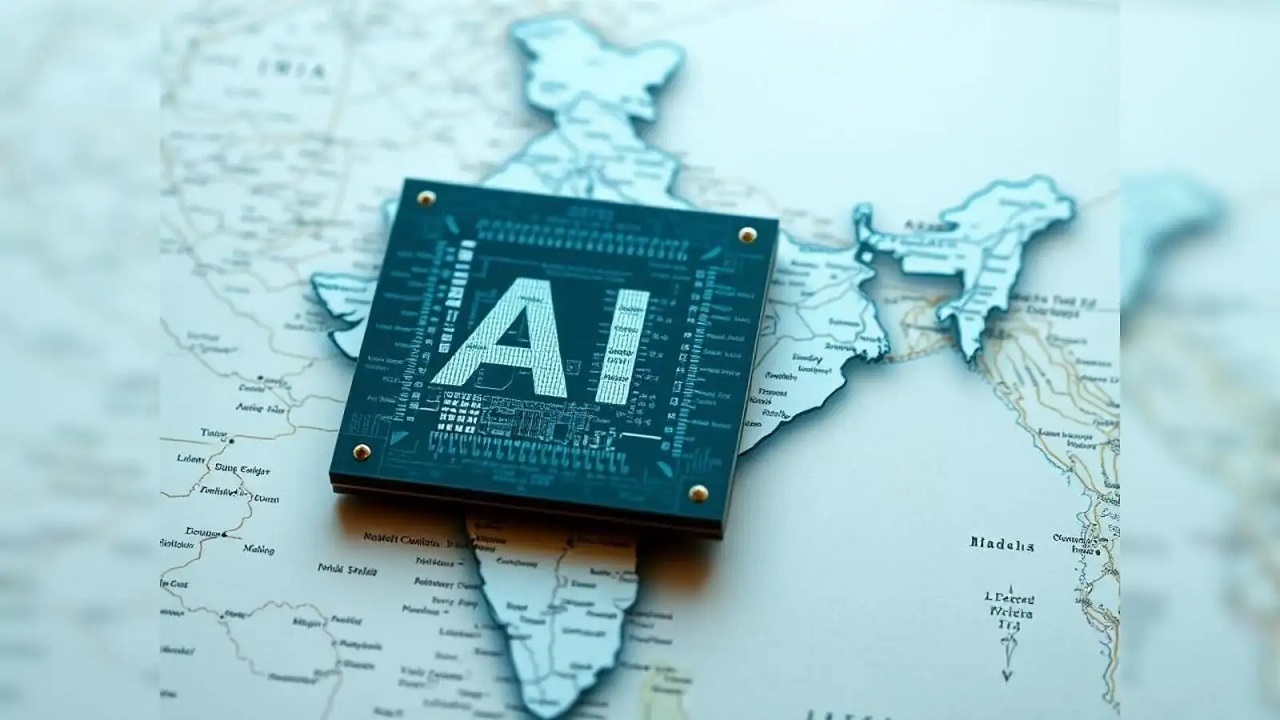India’s IT at the Crossroads : Challenges and Opportunities in the AI Era
Context
India’s Information Technology (IT) sector is undergoing a major transformation with the rapid adoption of Artificial Intelligence (AI). This shift is reshaping business models, workforce strategies, and client services. Recent developments, such as TCS’s hiring freezes and job cuts, reflect the broader move towards AI-first, efficiency-driven operations.
Introduction
The integration of AI into India’s IT industry is not just a technological change but a structural transformation. AI is driving higher productivity, changing service delivery models, and creating new market opportunities. However, it also brings challenges related to workforce skills, cultural adaptability, and regulatory compliance. The sector now stands at a crucial juncture, balancing efficiency, innovation, and ethical governance.
Drivers of the Shake-Up
-
Productivity Surge – AI tools for coding, debugging, and testing have improved efficiency by over 30%, reducing software delivery timelines.
-
Shift in Business Models – Manpower-heavy outsourcing is giving way to AI-driven, outcome-based delivery.
-
Global Client Demands – Need for system modernisation, data cleaning, and compliance with evolving AI regulations.
-
Cost Optimisation – Automation lowers operational expenses, aligning with investor expectations for better margins.
-
Technology Maturity – Generative AI, low-code platforms, and automation are now enterprise-ready and scalable.
Opportunities for Indian IT Firms
-
Global AI Adoption Partners – Helping companies integrate AI responsibly while ensuring compliance.
-
Niche Specialisation – Creating sector-specific AI solutions for healthcare, defence, and climate science.
-
Data Governance Expertise – Developing AI models that ensure privacy, fairness, and security.
-
Innovation Hubs – Leveraging India’s STEM talent to build AI-driven intellectual property.
-
SME Advantage – Agile, AI-native smaller firms can deliver faster and more innovative solutions.
Challenges in the AI Transition
-
Workforce Displacement – Routine coding, maintenance, and back-office roles are at risk of automation.
-
Skill Shortage – Gap between demand for AI-skilled talent and existing workforce capabilities.
-
Cultural Resistance – Difficulty in shifting from billable-hour models to IP-led value creation.
-
Regulatory Compliance – Meeting global AI ethics, transparency, and privacy standards.
-
Infrastructure Gaps – Lack of high-performance computing resources slows AI scalability.
Policy and Government Role
-
National AI Mission – Supports research, infrastructure, and workforce skill development.
-
Digital India & Data Governance – Strengthens responsible AI adoption and privacy frameworks.
-
Higher Education Reform – Incorporates AI, ML, and ethics into university curricula.
-
Incentives for AI Startups – Tax benefits, funding, and IP protection for deep-tech ventures.
-
Global Tech Alliances – Partnerships for AI research, product co-development, and market expansion.
Way Forward
-
AI Reskilling Programmes – Large-scale upskilling for existing IT professionals.
-
Ethical AI Leadership – Position India as a leader in responsible AI certification.
-
Encouraging IP Creation – Promote patents for AI algorithms, applications, and platforms.
-
Support AI Clusters – Establish AI hubs in major and emerging tech cities.
-
Client-Centric Transformation – Move from outsourced vendor to strategic AI partner.
Conclusion
AI is redefining India’s IT sector, shifting it from the “back office of the world” to an AI-first innovation economy. The future success of the industry will depend on agility, niche expertise, and ethical governance, transitioning from scale-based services to value-driven, AI-enabled solutions that strengthen India’s role in the global technology landscape.




Comments (0)